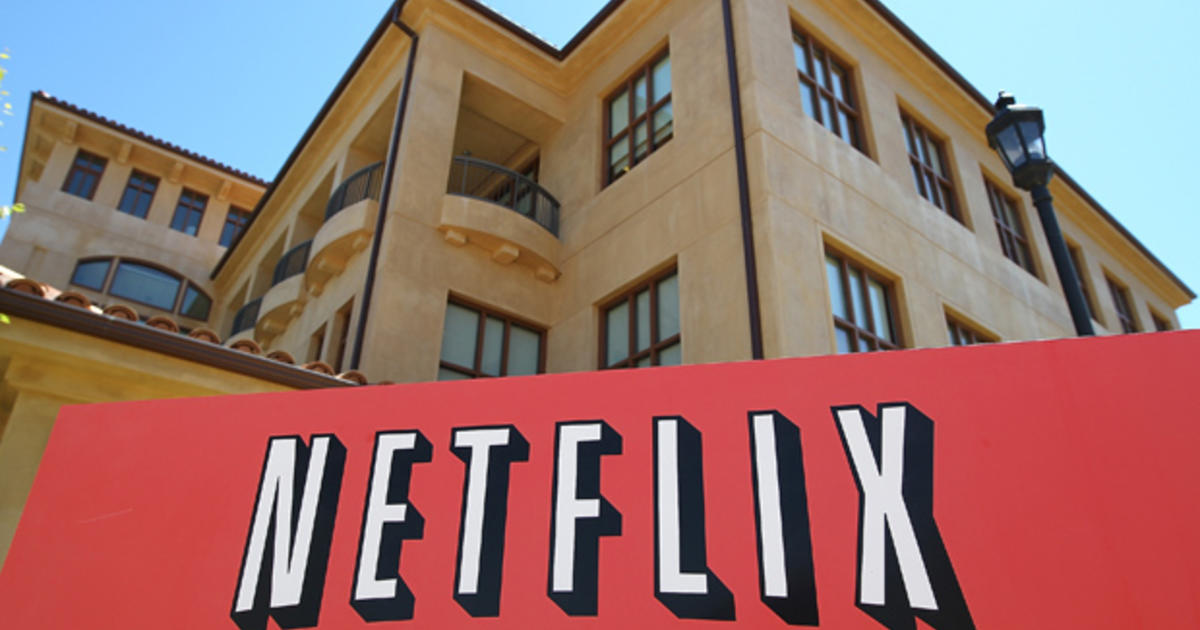Calif. Regulator Questions Blue Shield Rate Hike
SACRAMENTO (CBS / AP) -- For the second time this year, Blue Shield of California is facing scrutiny from a state regulator on double-digit rate hikes for individual health insurance policyholders.
The state's Department of Managed Health Care is asking Blue Shield, one of the state's biggest insurers, to explain why 70,000 individual policyholders are facing average rate increases of 37.5 percent, cumulatively, in two hikes since Oct. 1.
Last month, the state's other insurance regulator, the Department of Insurance, questioned Blue Shield about hikes faced by 200,000 other individual policyholders who were facing three hikes that could have increased rates as much as 86.5 percent, cumulatively.
The insurer eventually withdrew its planned May 1 rate increase, a hike that would have averaged 6.5 percent and went as high as 18 percent for some policyholders.
DMHC spokeswoman Lynne Randolph said the regulator wants to ensure that Blue Shield policyholders aren't overpaying since other rate hikes in the individual market have been withdrawn.
"We didn't understand several factors in Blue Shield's filing and we want to make sure that (similar plans) are being filed with the same rates," said Randolph.
The regulator is currently fact-finding, Randolph said, and the insurer has seven days to respond to the regulator's April 18 letter voicing serious concerns about an 18.8 percent increase that went into effect Jan. 1, and a hike of 15.8 percent that went into effect Oct. 1.
In a statement, Blue Cross spokesman Tom Epstein said the insurer will meet the state's deadline for response, and that rate increases are a result of the rapidly rising cost of medical care in the individual market, where the insurer lost money in 2010.
Epstein noted that the rate increase of 37.5 percent reflects hikes for all of 2010 and 2011 combined, and that medical costs are expected to rise 20 percent and 23 percent in those years, respectively.
In part, the regulator seeks an explanation of a "selection factor" the insurer is using in its filing, a term the state's actuaries were unfamiliar with, said Randolph. The regulator does not have the power to approve or reject rate increases but can declare a rate increase unreasonable or unjustified.
Epstein said the "selection factor" refers to the fact that healthy members of the DMHC-regulated plans had dropped their policies, leaving a more expensive population to provide care to.
In the individual market of health insurance, prices tend to reflect the health of the insured pool, and as rates go up in a bad economy, healthy members often drop health insurance leaving the sickest and most reliant policyholders to pay the balance.
Individual policies are typically held by people such as the self-employed or small businesses who buy insurance on their own because they don't have coverage through an employer and have been subject to radical rate changes in recent years.
A cornerstone of federal reform deals with this area of the insurance market and would implement health insurance exchanges that would create competitive markets to drive down costs. Affordability is crucial to trimming the number of uninsured by 2014, when federal law will require most Americans to carry insurance.
(Copyright 2011 by CBS San Francisco. All Rights Reserved. This material may not be published, broadcast, rewritten, or redistributed. Wire services may have contributed to this report.)



